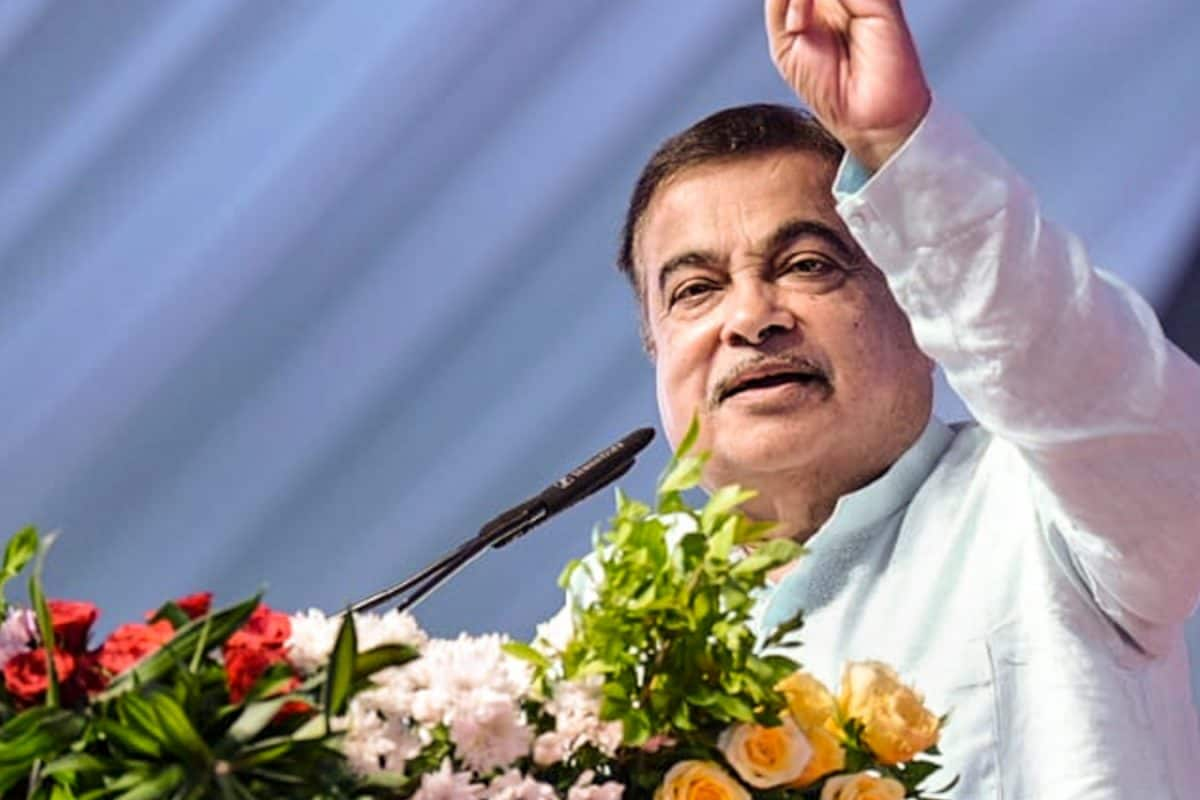

Amidst escalating trade tensions with the United States, Union Minister Nitin Gadkari has stressed the importance of India achieving self-reliance by boosting exports, cutting imports, and harnessing the power of science and technology. Gadkari's remarks come in the wake of the US imposing its steepest-ever tariffs on Indian goods, a move that has been widely criticized by India as "unfair".
Gadkari, speaking at the Visvesvaraya National Institute of Technology (VNIT) in Nagpur, stated that countries that engage in "dadagiri" (bullying) on the global stage are able to do so because of their economic strength and technological advancements. He emphasized that if India attains better technology and resources, it would not resort to bullying, as Indian culture prioritizes the welfare of the world.
These comments follow a recent increase in trade tensions, sparked by the US President signing an order on August 6, 2025, imposing an additional 25% duty on Indian goods, bringing the total tariff to 50%. This action has made India one of the most heavily taxed trading partners of the US, impacting sectors ranging from textiles and gems to pharmaceuticals and auto parts.
India has responded to these tariffs by branding them as "unfair, unjustified, and unreasonable" and has vowed to take all necessary actions to protect its interests. Prime Minister Modi has asserted that the interests of Indian farmers are a top priority. Defense Minister Rajnath Singh has also weighed in, suggesting that some global powers are uncomfortable with India's rapid growth. He stated that efforts are being made to make Indian products more expensive to discourage global purchases, but affirmed that no power can stop India from becoming a major global power.
Gadkari's emphasis on self-reliance aligns with the broader "Atmanirbhar Bharat" (Self-Reliant India) initiative, which was adopted by the Indian government in 2020 during the COVID-19 pandemic. The goal of this initiative is to increase India's exports and find domestic alternatives for imports. Gadkari has previously stated that the "Atmanirbhar Bharat" goal cannot be achieved without addressing socioeconomic disparities in the country. He has stressed the need to focus on the agricultural, rural, and tribal sectors, aiming to double their contribution to India's GDP from the current 12% to 25%.
To achieve self-reliance, Gadkari has advocated for a shift in mindset, urging fast-tracked decision-making and performance audits to evaluate outcomes. He has also emphasized the importance of public-private partnerships to overcome the limited financial capacities of states. Furthermore, Gadkari has promoted the use of ethanol and biofuel as cheaper and cleaner alternatives to petrol and diesel, highlighting the potential for agriculture diversification towards energy and power, which would reduce pollution, provide better prices for farmers, and foster agro-based industries.
Gadkari has also acknowledged the importance of decentralization of wealth, noting that agriculture, despite employing a significant portion of the rural population, contributes only a small percentage to the GDP. He has cautioned against unchecked centralization and imbalances in sectoral contributions.
In light of the current trade scenario, Gadkari's call for self-reliance and a stronger focus on exports takes on added significance. He believes that by strengthening its economy and technological capabilities, India can reduce its dependence on other countries and counter any attempts at "dadagiri". He has also pointed out that the US administration's tariff policies present an opportunity for India to increase its exports worldwide.